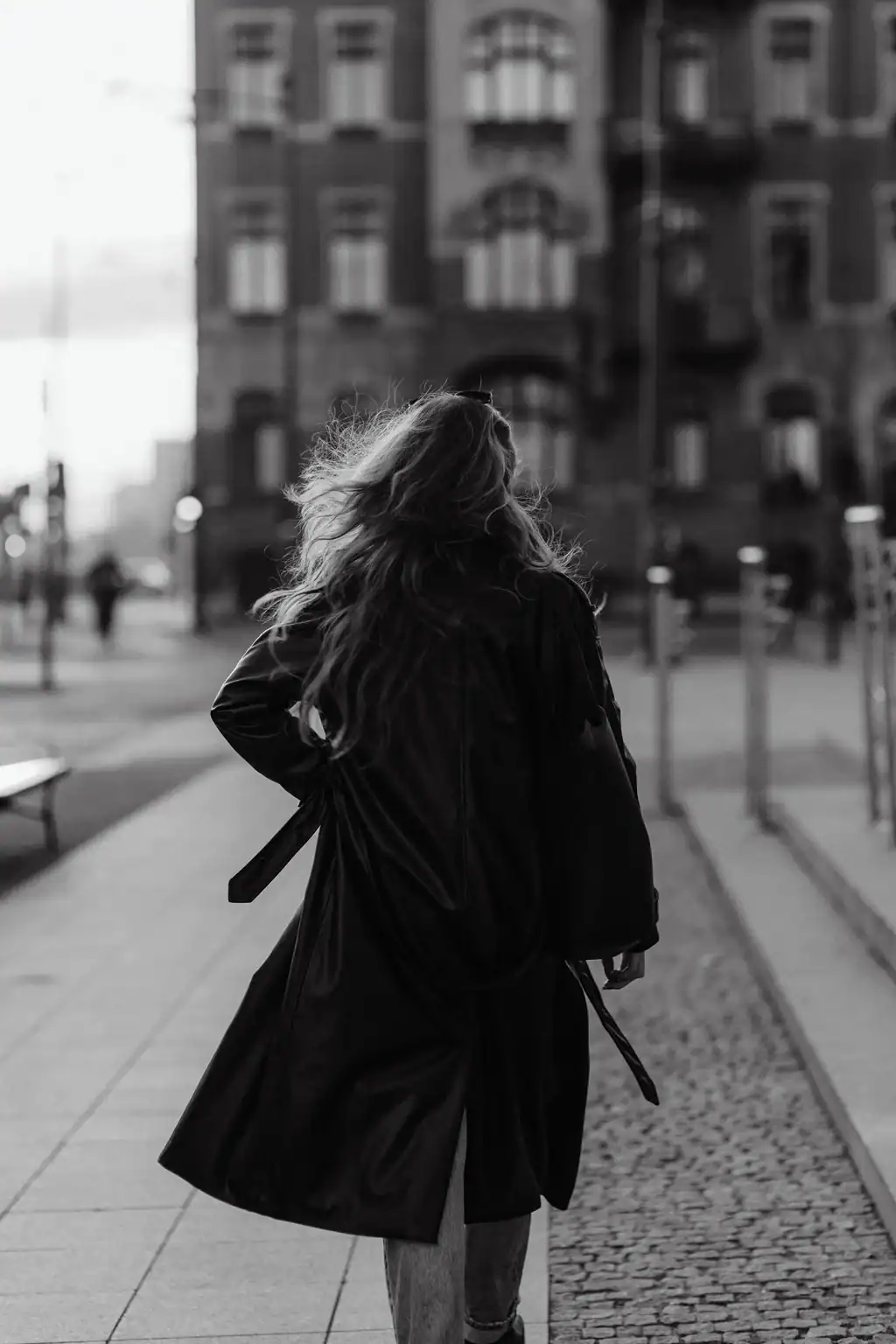Five core wounds of the fearful avoidant attachment style
I’m Paulien and I’m so happy you are here! In this blog I’m going to talk about 5 core wounds of the fearful avoidant attachment style. Knowing the core wounds will really help you to not feel alone and weird for having them.
Unfortunately the fearful avoidant attachment style, out of all the attachment styles, probably has the most core wounds. What I mean by ‘core wound’ is this where the most pain is associated with. So when this gets triggered or when you think these things, you feel a lot of pain, shame or guilt. That’s what makes it a ‘core wound’, and that’s how you recognize it.
So let’s dive in one!
#1 The feeling that you’re always doing something wrong
I think that is one of the main core wounds of the fearful avoidant attachment style. So this could also be a belief: I’m just always doing something wrong. And it could be that it’s a slight variation of this. It could for example be something like ‘I will always eventually do something wrong’ or ‘I just always fuck up’. So it can be a slight variation, just whatever gives that feeling of of fear and pain. Most fearful avoidants have this or something like it as a core wound. So that feeling that you’re always doing something wrong and a lot of times you don’t know what and that is just a very, very painful and confusing state to live in.
And it’s not true. But you get this feeling because you’ve had this feeling as a child. I think a lot of fearful avoidants had parents that were controlling and manipulative and authoritative, and when you made a mistake they weren’t super kind and loving and understanding and respectful about it out of their own wounds and out of their own fear and out of their own insecurity. But they gave you the feeling that making mistakes is a very, very bad thing, but also that it could happen at any time.
Because another thing is that a lot of fearful avoidants have experienced the unpredictability of a parent as a child. So a parent could just get angry out of nowhere, or could get very critical out of nowhere. As an adult, you might be able to look back and see it had to do with a parent feeling probably insecure at that time or feeling overwhelmed and then being critical of someone or lashing out. I hope that can give a sense of relief, because it had nothing to do with you.
#2 People will hurt me
For fearful avoidants this can actually mean physically. You can be scared, even when you’re not completely consciously aware of it, that people will either physically or emotionally attack you and that they will hurt you. And I remember when I had this, I thought everybody must have this. I was always so scared that people would come to my house and knock on my door and I would open and they would come to beat me up because they were angry, because I did something wrong.
And so I hid in my house quite literally, under the couch, closed the curtains to the street. And a lot of times I just didn’t answer the door if I didn’t know for sure who was there. And the thing is that I didn’t realize that that was actually not healthy in a way.
It is that deep fear of getting hurt and people hurting and attacking, even if you’ve never had that when you were a child, this can still be a fear that comes up.
And so you might be able to imagine that engaging with people and letting people come close, is actually quite hard. It just feels very unsafe and that can come and go, but maybe you recognize it.
#3 I feel powerless
This is also a core wound in the sense that when you were a child, you were powerless. So whatever happened in your home, whether it was emotional abuse, physical abuse, you did not have a choice to leave the home to set up boundaries if your parents didn’t honor those and chances are they didn’t. So you did feel powerless. And that is a shitty feeling.
Powerless is like you already feel so bad and empty and tired of fighting and you can’t do anything about it like you always have to be on guard and have to be able to fight at any moment because you can’t get out of the situation. And it’s what I see in a lot of the healing journey’s of the people that I help.
It’s pretty strong. It’s not true, though, because gosh, if anything, the fearful avoidants are the most powerful because you are here. You are here, you are reading this blog. You are here. You have survived a lot of things that a lot of other people haven’t even come into contact with. You are stronger than you think!
#4 I am a bad person
I think a lot of people with an insecure attachment style have this in different or varying ways. The fearful avoidant definitely has that too, and it has a big impact because you will not allow people to come close as long as you think and believe that you are a bad person.
When people come close you think: ‘what if they find out I’m a bad person. What if they find something that will make them leave me or reject me? That’s when you push them away and that’s the fearful avoidant dynamic. Just come here and go away, pull in and push away.
So when you have this belief, change that belief to: ‘I am a good person and the closer people come, the more they will see it’. Make that your mantra and you will see that you think very differently and approach relationships, all kinds of relationships and friendships, very differently.
#5 I am unsafe
And that has to do with all the other core wounds. But that is just a very strong feeling. A lot of fearful avoidants have the feeling that they are unsafe in the world. And a lot of them also believe that that’s normal. They think that a lot of people, if not everybody, has that. And it’s not true. A lot of people actually feel very safe in the world, even if they are in pretty dire situations.
I wish I could show you, I could let you feel what it feels like to feel safe, to feel safe in your body, to feel safe with other people. Because it’s such a liberation and you can and will experience that. It is so possible!
Alright, so these were five core wounds of the fearful avoidant attachment style. And healing these core wound is really so valuable and it’s kind of like a flywheel. So that’s what we of course will do in the Healed & Happy program.
I am so happy you are here, you are so very valuable!
Much, much love,
Paulien
This is not to diagnose. I’m not a psychologist and it’s not black and white. You can definitely recognise so much of the fearful avoidant attachment style and maybe you’re even dominantly securely attached. So don’t see this as this is a strong diagnosis. I am just here to tell you all about it and really help you understand yourself a little bit better.
Share





